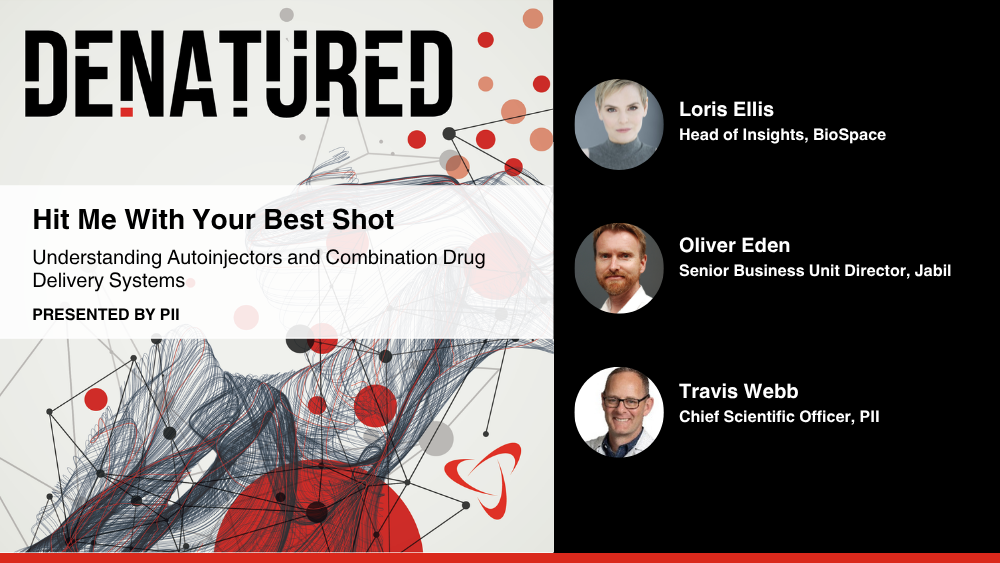MIAMI, May 9, 2017 /PRNewswire/ -- Biscayne Neurotherapeutics, Inc., a clinical-stage company developing novel treatments for neurological disorders, today announced that lead compound BIS-001 has received an Orphan Drug designation from the U.S. Food and Drug Administration (FDA) for the treatment of Dravet syndrome, a severe form of childhood epilepsy that has no approved therapies. Separately, the company reported that the Australian regulatory authorities have cleared Biscayne to begin a Phase 1b trial of BIS-001 at the Royal Melbourne Hospital. Enrollment is expected to commence in the coming weeks. BIS-001 is in clinical development as a novel treatment for adults with refractory complex partial seizures.
"Dravet syndrome is a devastating, poorly-treated condition that afflicts young children with high rates of disability and mortality, so we are especially pleased that BIS-001 has been designated to receive R&D and commercialization incentives under the Orphan Drug program," noted Stephen Collins, MD, PhD, President and Chief Executive Officer of Biscayne Neurotherapeutics.
Dr. Collins continued, "We also were notified this week that our Phase 1b clinical trial of BIS-001 as a treatment for adults with refractory complex partial seizures has been approved and enrollment of our first subjects is imminent. BIS-001 demonstrated an encouraging safety profile in a Phase 1a trial. This new study is primarily intended to ensure that our new extended release formulation has an acceptable safety profile and good pharmacokinetics. We expect to report data later this year and anticipate starting a Phase 2a trial in 2018. Our goal is to pursue an accelerated clinical program in a number of hard-to-treat epilepsies in the next few years."
BIS-001 is a highly potent form of huperzine A, a synthetic extract of a traditional Chinese medicine with a long history of safe use. Huperzine A is an acetylcholinesterase (AChE) inhibitor with high brain penetration that offers a unique mechanism of action for the treatment of epilepsy. It has shown promising efficacy in highly predictive preclinical models of refractory epilepsy, providing complete elimination of seizures in the majority of animal subjects. Data from a Phase 1a trial provided valuable pharmacokinetic information and showed that BIS-001appeared safe. Biscayne has developed a new extended release formulation of BIS-001 that is designed to provide good tolerability across a range of doses and ensure patient convenience and medication adherence. The company is initially developing BIS-001 to treat refractory forms of epilepsy, including refractory partial complex seizures and Dravet syndrome.
About the FDA Orphan Drug Program
The FDA may grant Orphan Drug status to drugs, vaccines and diagnostic agents intended to treat a disease affecting less than 200,000 Americans. Orphan drug sponsors qualify for seven years of market exclusivity, R&D grants and tax credits, waived FDA user fees and assistance on clinical protocol design. For more information see fda.gov/forindustry/DevelopingProduCTsforrareDiseasesConditions/default.htm.
About Dravet Syndrome
Dravet syndrome is a rare, catastrophic, lifelong form of epilepsy that begins in the first year of life with frequent and/or prolonged seizures. It affects an estimated 20,000-40,000 individuals in the U.S., 80% of whom have a mutation in the SCN1A gene required for the proper functioning of brain cells. Patients with Dravet suffer life-threatening seizures that cannot be adequately controlled by available medications. Other issues associated with Dravet syndrome include developmental and behavioral abnormalities, movement and balance disorders, poor sensory integration, sleep disturbances, orthopedic conditions, delayed language and speech, and chronic infections. Current treatment options are limited and patients with Dravet syndrome face a 15-20% mortality rate
About Epilepsy
Epileptic conditions are chronic nervous system disorders characterized by recurrent, unprovoked seizures. Epilepsy affects about three million people in the U.S. and over 50 million people worldwide. In more than half of patients, the cause is unknown. Many patients with epilepsy have more than one type of seizure and may also have other symptoms of neurological problems. Up to one in 3 patients with epilepsy is unable to control their seizures with current therapies whether taken alone or in combination.
About Biscayne Neurotherapeutics
Biscayne Neurotherapeutics is a clinical-stage biotechnology company developing novel drugs for serious central nervous system disorders such as refractory epilepsy. Biscayne's lead compound, BIS-001, has shown striking efficacy in highly predictive models of difficult-to-treat epileptic conditions such as complex partial seizures and Dravet syndrome. Biscayne's technology is licensed from Harvard University, Yale University and the University of South Florida. Biscayne is headquartered in Miami, FL. For more information, visit biscayneneurotherapeutics.com.
Contacts: | |
Biscayne Neurotherapeutics | Media: |
Corporate: | BLL Partners |
Jared Mendel | Barbara Lindheim |
(786) 502-4220 | (212) 584-2276 |
To view the original version on PR Newswire, visit:http://www.prnewswire.com/news-releases/biscayne-readies-phase-1b-trial-for-novel-antiepileptic-agent-bis-001-and-receives-fda-orphan-drug-designation-for-dravet-syndrome-300453902.html
SOURCE Biscayne Neurotherapeutics, Inc.





